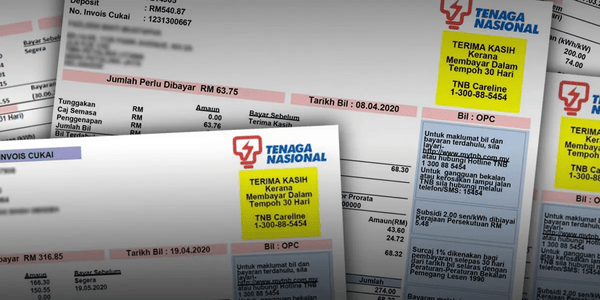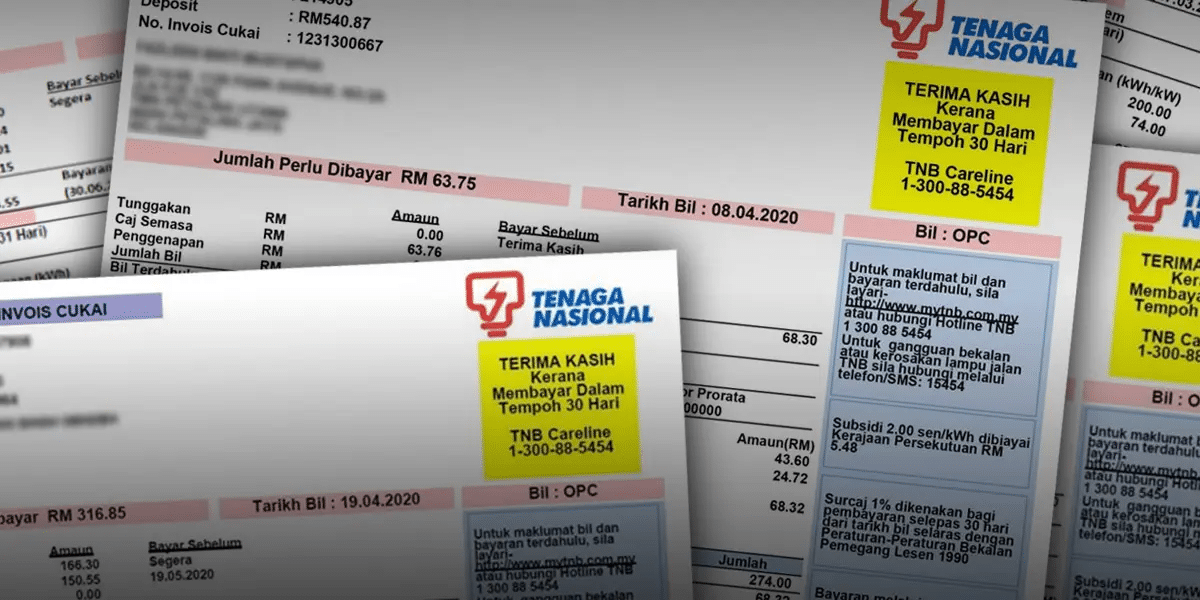KUALA LUMPUR, July 30 — The Automatic Fuel Adjustment (AFA), the new adjustment mechanism for electricity tariffs in Peninsular Malaysia, is aimed at ensuring tariff reviews are more transparent and in line with the global fuel market reality, said Deputy Prime Minister Datuk Seri Fadillah Yusof.
Fadillah, who is also the Energy Transition and Water Transformation Minister, said that through this new mechanism, electricity tariffs will be adjusted monthly compared to only every six months under the Imbalance Cost Pass-Through (ICPT) system.
“For domestic users consuming below 600 kilowatt-hours (kWh) per month, they are exempted from the AFA, while those consuming more than 600 kWh will be charged for the energy resources, whether gas or coal.
“For August, due to the drop in fuel costs from August 1 to August 31, a rebate of 1.45 sen per kWh will be given for the power supply. (The review) is done monthly; no longer every six months, which means it is more accurate and transparent based on real-time,” he said during the Minister’s Question Time session in the Dewan Rakyat yesterday.
Fadillah was responding to Rompin MP Datuk Abdul Khalib Abdullah's supplementary question on whether the government plans to consider a more flexible and transparent tariff review in the future.
He added that the latest tariff review also involves a change in approach from customer categorisation based on economic sectors to by voltage usage.
Therefore, the government encourages those who consume higher amounts of energy to switch to renewable energy, including through solar photovoltaic installation, aimed at helping them save costs and reduce overall energy consumption.
Meanwhile, responding to Sungai Petani MP Dr Mohammed Taufiq Johari's query on the objectives of the new electricity tariff schedule in achieving the energy transition agenda and long-term sustainability, Fadillah said it is an improvement to the previous structure based on four main principles.
These include transparent tariff setting, tariff structure that reflects actual supply costs, fair and equitable cost distribution to all consumers, and minimal impact on domestic users in terms of bill variance.
“This new structure includes energy charges, capacity charges, network charges, and retail charges for each user category compared to the old structure, which only had energy charges and minimum charge components.
“In this regard, the new structure is more transparent and exposes users to the costs that must be paid to obtain an electricity supply,” he said.
On June 20, the Energy Transition and Water Transformation Ministry, via the Energy Commission, announced a revised electricity tariff schedule for Peninsular Malaysia effective from July 1.
— Bernama




